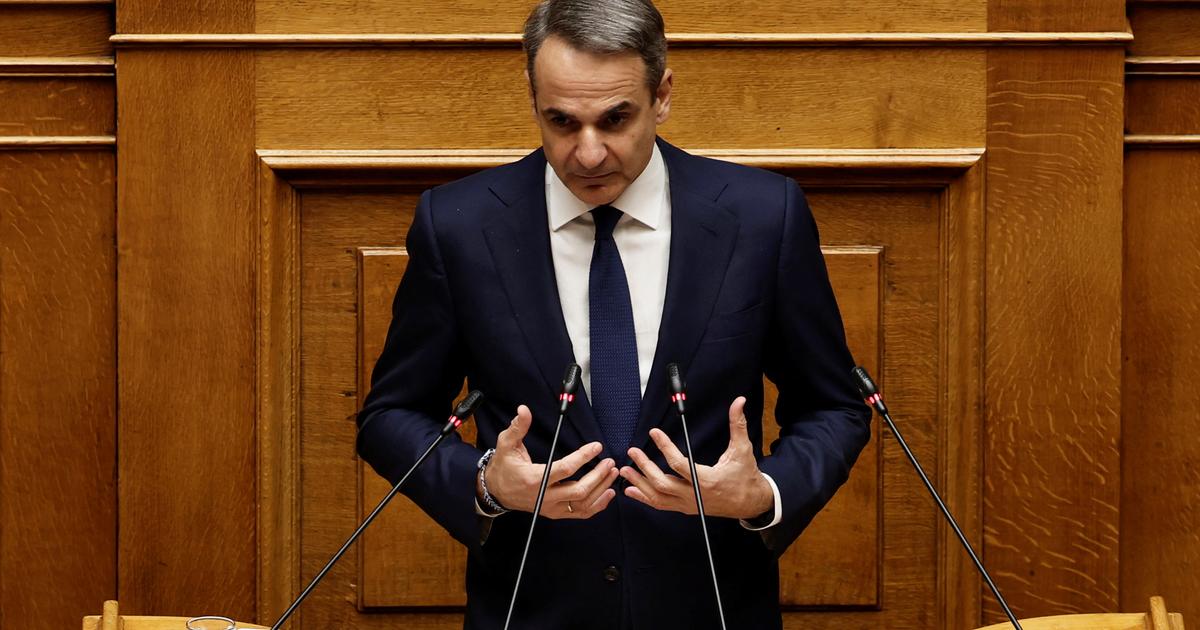Shortly before the general election, the parties are fighting again over the level of the minimum wage.
The SPD, the Greens and the Left are now receiving tailwind from the economic wise man Achim Truger.
Munich - The economy Achim Truger has spoken out in favor of a further step-by-step increase in the minimum wage to 12 euros by the beginning of 2023.
Such an approach can be “justified socio-politically” and would “lead to immediate improvements for ten million people,” Truger told
Merkur.de
.
Prof. Truger, the minimum wage is to increase in two steps from the current EUR 9.60 to EUR 10.45 by July 2022.
SPD chancellor candidate Olaf Scholz has already spoken out in favor of a further increase to twelve euros.
The Greens are also calling for twelve euros, while the left is demanding 13 euros.
What do you think of these plans?
A strong increase in the minimum wage can be justified socio-politically.
According to the law, the minimum wage should guarantee a poverty-proof, living wage level, at least for full-time single households.
Even 12 euros would be a long way off from that.
A minimum wage of 12 euros * would lead to immediate improvements for 10 million people.
The President of DIW, Prof. Marcel Fratzscher, also considers an increase to be sensible and also refers to the prospect of additional tax revenue.
According to this, a minimum wage of twelve euros would lead to a tax plus of 17 to 20 billion due to higher incomes and higher consumption.
Is this realistic?
Yes, that seems realistic to me, although that is also income for social security.
But additional public revenue is not the real goal of the minimum wage increase.
It is about improving the income and employment situation of very many people.
If this then leads to higher economic output, there will of course also be higher public revenues.
There was heated debate prior to the introduction of the minimum wage in early 2015.
Critics had pointed to possible job losses.
In addition, it was said that in certain industries, such as the hairdressing trade, there could be price increases.
In your opinion, have these fears been confirmed?
Economist Truger: Contrary to all horror scenarios, no job losses so far
There was heated debate prior to the introduction of the minimum wage in early 2015.
Critics had pointed to possible job losses.
In addition, it was said that in certain industries, such as the hairdressing trade, there could be price increases.
In your opinion, have these fears been confirmed?
Above-average price increases in the hairdressing trade were clearly noticeable.
On the other hand - contrary to all horror scenarios - there were no notable job losses.
In particular, mini-jobs seem to have been cut, but much of them have been converted into higher-quality jobs subject to social security contributions.
At the time, critics also pointed out the danger of an upward spiral. At the start of 2015, the minimum wage was 8.50 euros. From the beginning of the year to summer 2022 alone, three further increases will follow. Isn't an upward spiral, if only because of the maximization of votes by the political parties, a very obvious strategy - also beyond the independent minimum wage commission, which actually determines the amount?
So far there has been no upward spiral.
The minimum wage commission initially carried out the adjustment to the collectively agreed wages, as stipulated in the law, and then increased it a little.
It is understandable that one was initially cautious because of the feared job losses.
If politics intervened a second time - as it did at the beginning when setting the starting wage of EUR 8.50 - and raised the minimum wage more clearly to a living wage, it would still not be a spiral and the Commission could then take over again.
But at what level would you expect negative employment effects in the current environment?
That cannot be said unequivocally.
A possible threshold would be 60 percent of the median hourly wage, which would currently actually be around 12 euros, up to which the minimum wage could be increased without any significant problems.
Of course there is no definite knowledge.
We therefore recommend a cautious, step-by-step increase, for example in 3 steps by the beginning of 2023. If problems arise, one could always react.
* Merkur.de is part of IPPEN.MEDIA.







